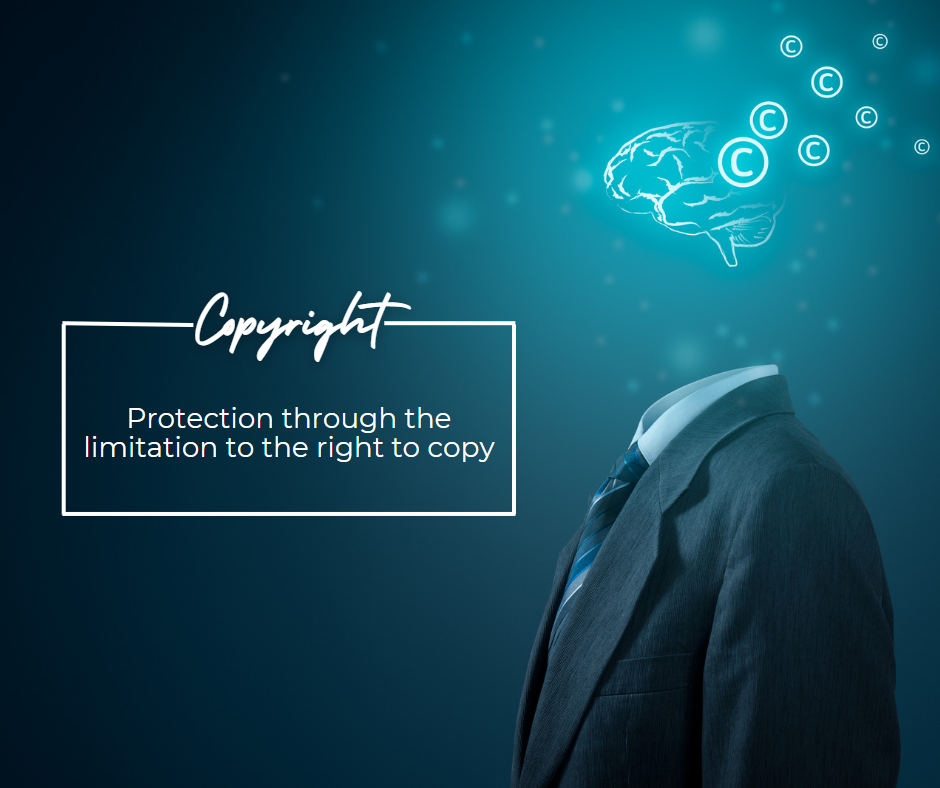
Copyright is the most accessible form of protection of intellectual property. It is a legal right which grants exclusivity to the author or creator to print, publish, perform, film or record literary or other artistic material. It includes the right to authorise others to do the same to that work.
It is the method by which authors, painters, scriptwriters, and musicians protect their artistic endeavours. But what does copyright protect? Does it mean that no one, bar the author of a book, can use certain words? Do those words become the author’s property? Surely, that can’t be. What about music? Does the composer have a copyright over the notes that he has assiduously scribbled whilst caught in the feverish rapture of a muse? Does the painter have a copyright over a particular shade of yellow, a shade that he claims is his own, as are the sunflowers he has painstakingly painted.
The author, painter, and composer, alas, have no claim to the ownership to the words, colours or notes that form an individual work. The ownership is of the artistic work as a whole. Copyright exists to ensure that no other person copies the work, in its entirety and claim it as his own. The right is territorial, though there are international copyright treaties as are the Buenos Aires Convention, the Berne Convention for the Protection of Literary and Artistic Works and, for those opposed to it, the Universal Copyright Convention.
Typically, copyright protection is jurisdictional in nature, meaning that there are variations from country to country, but generally speaking, copyright protection can span anywhere from between 50 to 100 years from the death of the creator’s work. And in this respect, though it is the most accessible form, but offers the lowest level of protection, it is the one which offers the longest protective period. Patents, by comparison, which offer the highest level of protection to a creative work, furnish generally a 25 year cover from the date of registration of the patent. Sadly, not all creative works can be protected by copyright and in this case, the creator or inventor ought to be looking at other protective measures as are trademarks and patents. Give Calleja & Associates Advocates a call and we’ll be sure to assist you.






